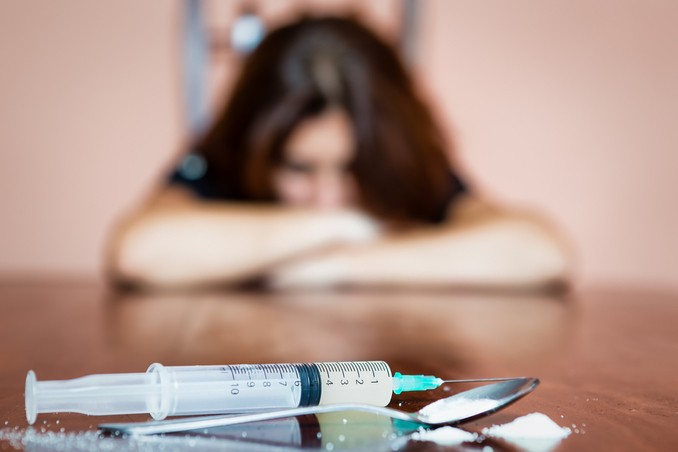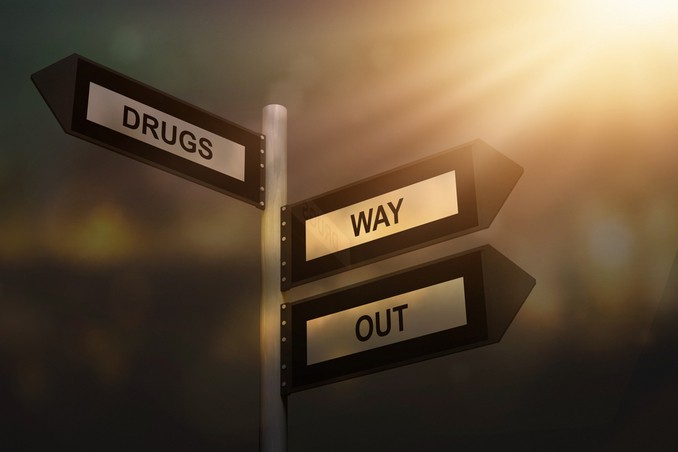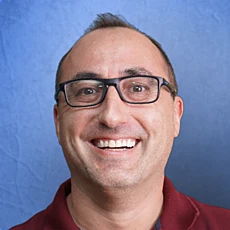The Disease Concept of Addiction
Table of Contents
- The Disease Concept of Addiction
- Is Addiction a Disease? Most Experts Say Yes!
- What Leads to Addiction?
- How Drug and Alcohol Use Changes the Brain
- Why Quitting is Not Just a Matter of Willpower
- Why Some People Don’t See Addiction As a Disease
- Getting Treatment for Drug and Alcohol Addiction
- Let Find Addiction Rehabs Point You in the Right Direction
- Medically Reviewed By
Addiction is a severe substance use disorder in which a person has no control over their use of alcohol or drugs even though they’re experiencing negative consequences. There is a commonly held view that people who find it hard to quit drinking or using drugs simply aren’t trying hard enough. However, most substance abuse experts agree that addiction is a disease.
Why is addiction often viewed as a disease? That’s exactly what we’ll discuss in this blog post. You’ll see that addiction has a lot in common with chronic illnesses like diabetes or cancer. Developing a substance use disorder isn’t a moral failing, and recovering requires more than willpower.
Is Addiction a Disease? Most Experts Say Yes!
Addiction medicine doctors and other addiction professionals now agree that addiction is a chronic disease of the brain rather than a behavioral issue or the result of poor choices. The American Medical Association has classified alcoholism as a disease since 1956 and addiction as a disease since 1987. The American Society of Addiction Medicine also agreed to define addiction as a chronic brain disorder in 2011. This definition is also in keeping with the views of professionals from the National Institute on Drug Abuse.
What Leads to Addiction?
So why is addiction often viewed as a disease? Like other illnesses, it results from a combination of biological, psychological, behavioral, and environmental factors. No one can predict who will develop an addiction. However, genetics is a significant risk factor. The NIDA says if addiction runs in your family, your risk of developing an addiction increases by about 60 percent.
In addition, growing up surrounded by adults who use drugs increases the likelihood that you will become addicted to drugs or alcohol. Using drugs before age 25 also makes it more likely to develop an addiction since your brain is still developing. There’s also a greater danger of lasting damage.
People who have experienced trauma can be more susceptible to substance use disorders. So too can people who have other untreated mental health disorders, including anxiety and depression.
Regardless of what leads to the addiction, continuous use of alcohol, tobacco, or other substances changes the way the brain and body work. An addiction that is left untreated will become more severe. The individual may develop additional disabling mental and physical problems. Severe substance use disorders can also be life-threatening.
How Drug and Alcohol Use Changes the Brain
Our brains are wired to seek pleasure. We all experience pleasant feelings when our basic needs are satisfied. That’s because certain chemicals are released in the brain when we eat, drink, or have sex. These chemicals give us an incentive to repeat the behaviors that gave us pleasure in the first place. Addictive substances cause the same chemical release.
As time goes on, not only does the brain’s rewards system change but so too do the motivation and memory systems. In an effort to return to a balanced state, the brain either releases stress hormones or reduces its reaction to the chemicals. The individual may need to use more and more drugs or alcohol to feel “normal” once again. This is known as tolerance.
An addicted individual may also feel strong cravings for the substance. They will continue to use it no matter how harmful it may be. In addition, the person may lose interest in their usual hobbies and activities, preferring to use drugs instead. In the most severe cases, a person who is addicted to a substance will lose all regard for their wellbeing or survival and that of others.
Why Quitting is Not Just a Matter of Willpower
Addiction also affects decision-making, learning, judgment, and control. This is why people in the grips of substance use can act completely out of character. They also find it extremely difficult to say “no” to drugs since the brain tries to protect them from the pain and discomfort of withdrawal symptoms. Willpower goes out the window since the person will do whatever it takes to bring the cravings and discomfort to an end.
It is important to note that the brain doesn’t automatically return to its original state when a substance user stops using. Rather, the changes drugs and alcohol cause can last for a long time. This may make people vulnerable to triggers, thereby increasing the likelihood of relapse.
People don’t have a say in how their bodies and brains respond to drugs or alcohol. This is why addiction experts give a resounding yes to the question “is addiction a disease?”. Individuals who develop a substance addiction can’t control their use as easily as other people. It’s not because they are weak or immoral. Therefore, they need to be treated by trained professionals who can help them uncover the root of their addiction and develop the appropriate coping mechanisms.
Why Some People Don’t See Addiction As a Disease
Despite what the professionals say, some people still believe that addiction can’t be a disease since it results from an individual’s decision to use a substance. It is true that most people make a conscious choice to drink alcohol or use drugs for the first time. Also, most people who use substances don’t go on to develop an addiction. However, once the substance changes the brain, the individual loses control over their usage. This is one of the defining features of addiction.
Experts also point out that many other diseases result from choices an individual makes. For example, a person may develop skin cancer after spending long periods in the sun without adequate sun protection. Poor diet and a sedentary lifestyle also contribute to chronic illnesses like diabetes, hypertension, and heart disease. However, no one argues that these conditions aren’t diseases.
Meanwhile, some believe addiction can’t be a disease because some people recover without getting treatment. Indeed, some individuals, especially those with mild substance abuse disorders, can get better with minimal treatment.
However, people with severe addictions usually require intensive treatment and ongoing counseling to help them manage their condition. Anyone with a substance abuse disorder of any magnitude would benefit from professional, evidence-based treatment that’s tailored to their specific needs. Addiction is complex, and no one should have to try to fight it alone.
Getting Treatment for Drug and Alcohol Addiction
Some people seek treatment because the court orders it, while others get a push from a spouse or relative. Many decide for themselves that addiction is causing too many problems in their lives. If you or someone you love is struggling to control your drug or alcohol use, you need to know that it is possible to manage this disease successfully. Making sound decisions is hard when substances make significant changes in your brain. Still, you will never regret choosing to seek treatment.
Treatment varies depending on the drug involved and the individual’s unique situation. However, many people benefit from undergoing behavioral therapy. In some cases, medication is also used to control cravings and help the brain re-learn how to function without drugs. Often, people struggling with addiction undergo inpatient treatment before moving on to outpatient programs and long-term counseling.
As with other chronic diseases, recovery involves making life-long changes to your behavior, which can be difficult. Similarly, a person living with diabetes may let their blood sugar levels get out of control sometimes. People with addictions often relapse. This is so common that it’s considered a normal part of the recovery journey, and it shouldn’t be seen as a failure. If you relapse, you may need to talk to a professional about making adjustments to your treatment.
Let Find Addiction Rehabs Point You in the Right Direction
It’s never too early to seek help if you believe your drinking or drug use is problematic. It’s also never too late to start your journey towards a healthier lifestyle. We’ve answered the question of “why is addiction often viewed as a disease?” but we expect that you’ll have lots more questions.
The team at Find Addiction Rehabs will assist you during what is often a very difficult time. We know that each person struggling with addiction is different, so we will help you to find the best detox and rehab centers for your needs. Contact us today and get started on changing your life!
Eric R. hails from Maine and does extensive work in the field of behavioral health as both a professional writer and passionate advocate for those suffering. From his own personal encounters with mental illness, he speaks to those seeking healthy relief from depression and anxiety and embraces wellness both personally and professionally. After losing friends and family to the darkness of suicide, Eric aims to educate and inform about the nature of treatment and render it accessible for all those seeking a way out of darkness and despair.




